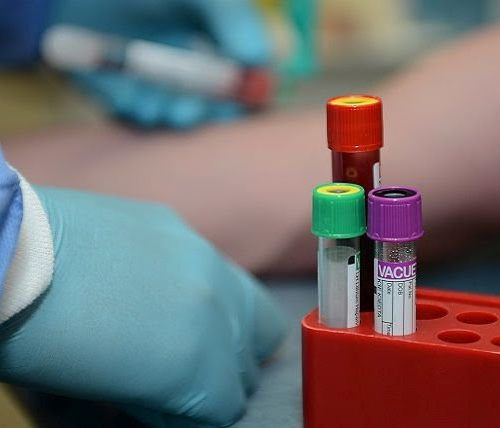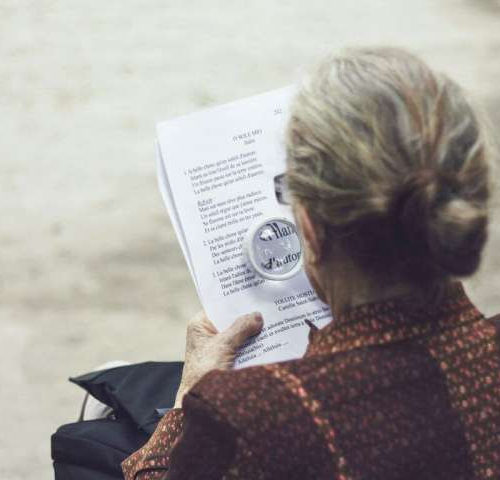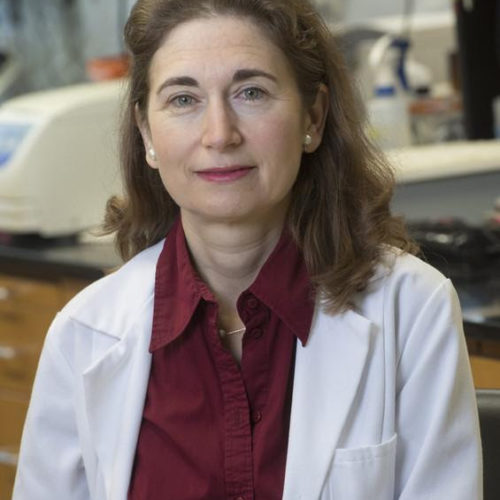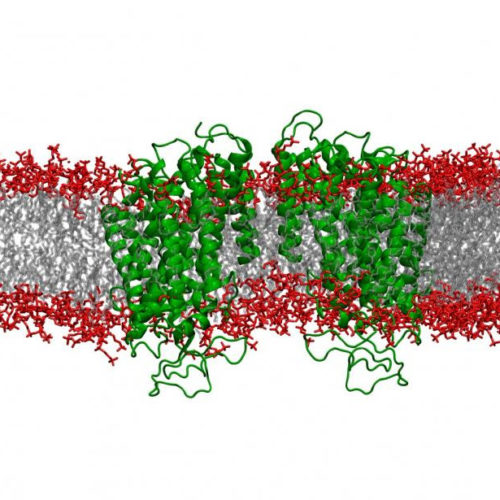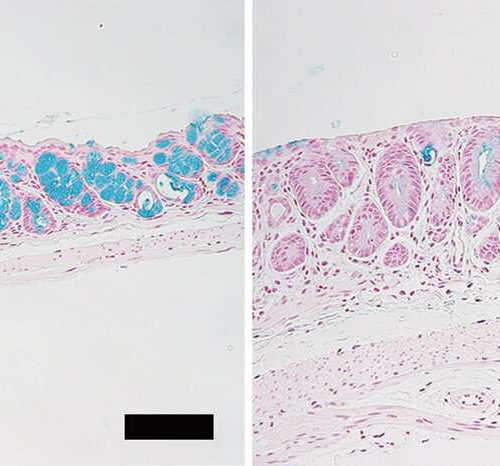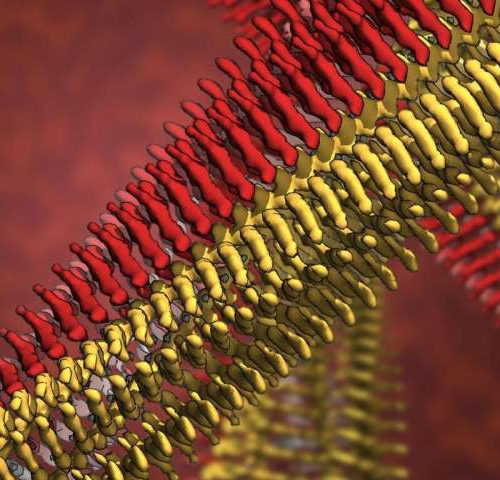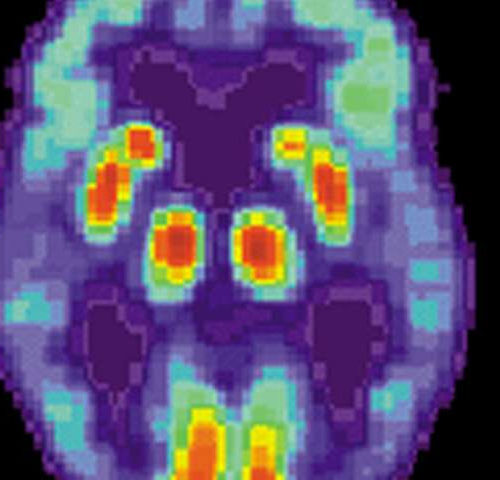MICHIGAN STATE UNIVERSITY EAST LANSING, Mich. – An international team of researchers led by Michigan State University’s Morteza Mahmoudi has developed a new method to better understand how nanomedicines — emerging diagnostics and therapies that are very small yet very intricate — interact with patients’ biomolecules. Medicines based on nanoscopic particles have the promise to be more...
Tag: <span>biomolecules</span>
Targeting iron uptake to create a new class of antibiotics against UTIs
At 11 million cases annually, urinary tract infections (UTIs) are the most common outpatient infections in the U.S., according to the U.S. Department of Health and Human Services. At least half of all women will have a UTI during their lifetimes, and many of the infections — which have increasingly become resistant to a wide...
Molecules in urine allow doctors to monitor skin cancer
Rapid, inexpensive and non-invasive technique can track malignant melanoma progression or treatment response DE GRUYTER What if you could simply provide a urine sample rather than undergo a painful surgical procedure to find out if your cancer was responding to treatment? It may seem too good to be true, but researchers at Pavol Jozef Šafárik...
New molecule reverses Alzheimer’s-like memory decline
by Salk Institute A drug candidate developed by Salk researchers, and previously shown to slow aging in brain cells, successfully reversed memory loss in a mouse model of inherited Alzheimer’s disease. The new research, published online in July 2020 in the journal Redox Biology, also revealed that the drug, CMS121, works by changing how brain...
Novel diabetes drug candidate shows promising properties in human islets and mouse models
The drug candidate is a non-toxic small molecule that given orally effectively rescued mice from models of Type 1 and Type 2 diabetes UNIVERSITY OF ALABAMA AT BIRMINGHAM ANATH SHALEV FROM UNIVERSITY OF ALABAMA AT BIRMINGHAM view more CREDIT: UAB BIRMINGHAM, Ala. – The University of Alabama at Birmingham and Southern Research have discovered a...
Discovery of a novel drug candidate to develop effective treatments for brain disorders
The study published in Chem is fundamental to develop pharmacological drugs for the treatment of core symptoms in Down syndrome, autism and other brain disorders. Researchers aim to create a start-up company with the support of interested investors ISTITUTO ITALIANO DI TECNOLOGIA – IIT THE PROTEIN NKCC1 IS A TRANSPORTER OF IONS IN THE BRAIN;...
Loss of intestinal goblet cells causes fatal disease after stem cell transplantation
by Hokkaido University In mice large intestine, the goblet cells (blue) are significantly reduced in number after allogeneic bone marrow transplantation (right), comparing to a control syngeneic recipients (left). Allogeneic stem cell transplantation can cause a loss of protective goblet cells from the colon’s inner lining, which can be fatal. But boosting those cells beforehand...
New indication of a link between Alzheimer’s and diabetes
by Forschungszentrum Juelich Pathological protein clumps are characteristic of a series of diseases, such as Alzheimer’s disease, Parkinson’s disease, and type 2 diabetes. Scientists at Forschungszentrum Jülich, Heinrich Heine University Düsseldorf, and Maastricht University have now used cryo-electron microscopy to obtain a sharp image for the first time of how individual molecules are arranged in...
Researchers identify two marine molecules with therapy potential against Alzheimer’s disease
by University of Barcelona An interdisciplinary research study of the University of Barcelona identified two potential candidates to treat Alzheimer’s disease. These are two marine molecules, meridianine and lignarenone B, able to alter the activity of GSK3B activity, a protein associated with several neurodegenerative diseases. The researchers used several biocomputational techniques to detect these so...
Fitting a right hand in a left-handed mitten
UNIVERSITY OF GRONINGEN Many biomolecules come in two versions that are each other’s mirror image, like a left and a right hand. Cells generally use the left-hand version of amino acids to produce proteins, and uptake mechanisms were thought to share this preference. University of Groningen scientists have now shown that a prokaryotic transport protein can transport both versions of the...

